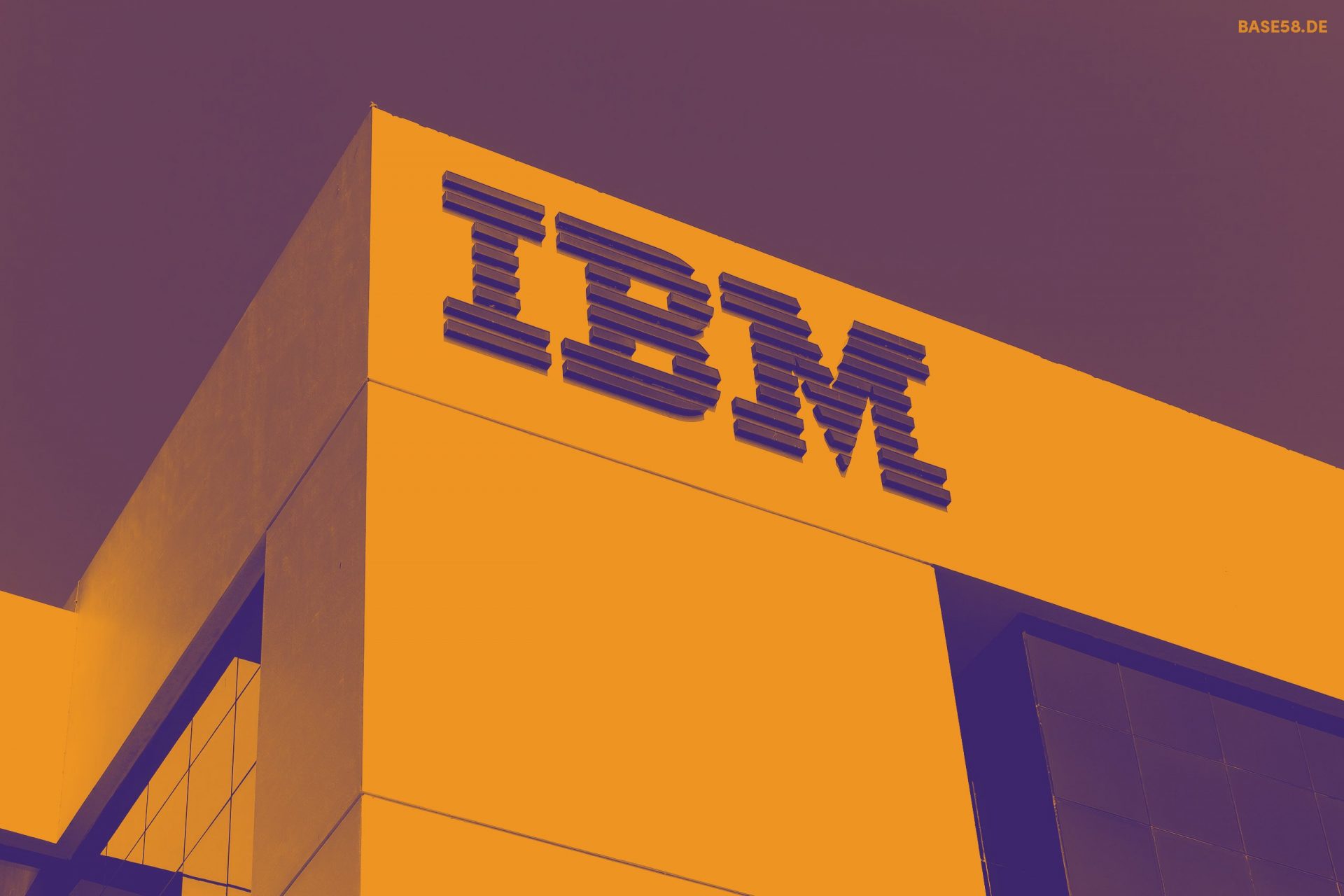- OSO's security layers include time-based security and disconnected network operations
- Metaco, a custody company owned by Ripple, is using the new OSO tech
IBM has released an innovative cold storage technology to handle digital assets, minimizing the risk connected to manual handling while separating the crypto and keeping it safe from the risks of an internet connection, CoinDesk reported.
Additional security layers
The tech giant said in a statement that its new technology, the Hyper Protect Offline Signing Orchestrator (OSO), offers additional security to help protect high-value transactions. These security layers include time-based security and disconnected network operations. In addition, multiple stakeholders need to approve electronic transactions.
Human error is a pronounced risk in cold storage. Data center admins can make operational errors. There is also the risk of inside jobs and forced attacks, where someone is compelled to sign a transaction under the threat of violence.
IBM is a dominant force in new tech
IBM has come to the fore in the rapidly evolving field of crypto and AI technology, including machine learning (ML). The tech giant has left industry leaders such as Microsoft, Google, and Samsung behind. Per a BanklessTimes.com report published in June this year, IBM created over 6,000 ML patent applications in the last five years compared to Microsoft’s 2,500. Google had only 1,700 in this period.
Ripple is among the satisfied users of OSO
Metaco, a custody company owned by Ripple, is using the new OSO tech. Metaco is a long-running partner of IBM in the crypto sphere. Metaco’s CEO commented that his company was happy to complement its range of institutional cold solutions with OSO’s unique air-gapped cold storage, especially considering that markets like Japan and Singapore are increasingly prioritizing this type of storage.
In related news, Judge Analisa Torres issued a summary judgment decision in SEC v. Ripple Labs, Inc. in July, ruling that Ripple’s sales of XRP through secondary trading platforms did not constitute securities transactions.
Reuters wrote that the SEC’s legal actions are uniform in the premise that digital tokens are “securities,” but the respective cases are being reviewed by different courts and judges, opening up the possibility of different results. Recently, a judge who is also overseeing the Coinbase vs. SEC lawsuit dismissed a class action lawsuit against Uniswap Labs.












